One of the most overlooked aspects in dog care, is our doggy´s dental health. Up to 80 percent of dogs over the age of three also develop dental problems known as dog dental diseases — and like humans, they can be painful.
One of the most common diseases seen in senior dogs is dental disease (periodontal issues), and it can lead to more severe problems if not addressed, which we will also discuss. What I am going to talk in this article is about the importance of dental care in dogs, what are challenges you deal with because of periodontal diseases and how it doesnt always have to be those painful easy quick fixes so as your little buddy at home gets a healthy mouth!!
The Importance of Canine Dental Health
Your dogs dental health isn’t just about having a clean smile, it LITERALLY can affect their overall well-being. The stage that follows is periodontal disease, a very serious condition which can decay your gums and the teeth-supporting structures. A severe event is the dissemination of pathogenic bacteria from mouth to blood stream, leading to systemic infections such heart and liver/kidney implications.
The years of wear and tear on the teeth and gums can lead to dog dental diseases in older dogs, however. Good oral hygiene practices are essential to prevent infection, tooth decay and other impending complications.
Symptom of Normal Dog Dental Diseases
This kind of infection can develop over time, so it is critical that pet owners notice the early warning signs. Here are some of the most common indication that your dog may have dental problems.
Bad Breath (Halitosis): Pets traditionally have a little bit of bad breath; however, if your pooch has seriously stinky hound halitosis this could be indicative of more severe dental issues. Often, the odor is caused by unwanted bacteria in your mouth that you may not be aware of and can lead to other issues if left unchecked.
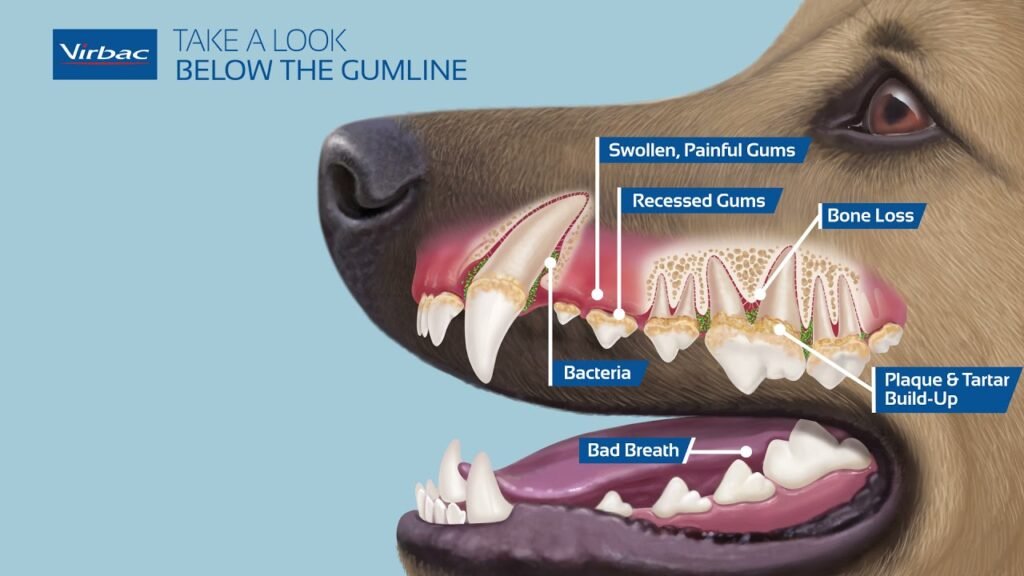
Drooling: If your dog has too much drool and it can not chew or swallow, there may be a problem with the health of its teeth. This could mean your pet is experiencing mouth pain or oral discomfort.
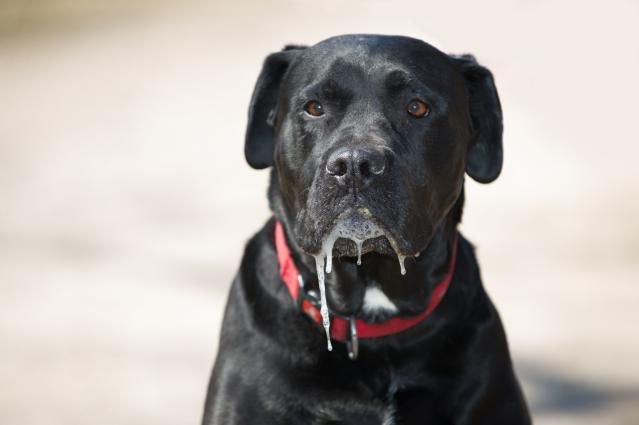
Chewing or Eating Problems: The dogs with dental diseases usually have trouble chewing and eating. In other cases, they might have trouble eating and begin to lose some weight over time. Pegged teeth could make them drop their food or chew with half of their mouth open sometimes without swallowing harder foods. Add to this, as you will cease eating and it may be contributory or malnutrition which in turn contributes to weight loss.
Swollen or Bleeding Gums: Symptoms of swollen, red and therefore the gums but fully clean fabric thin skim in cases with gingivitis else management is. Sign Of Infection: If you experience swollen or receded gums this could be a warning sign that an infection is present, but it also signals one of the other dental problems as listed above.
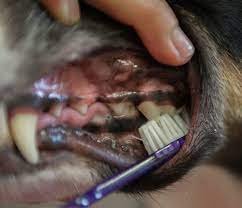
Loose Teeth or Missing teeth: Progressive dental disease can cause loose and missing teeth. Not only is this painful, but it will also eat away at your dog’s appetite and generally make the rest of his life more enjoyable.
If you see any of these signs in your dog seek veterinary attention immediately. The bottom line is that brushing regularly can detect and prevent dog dental diseases before it causes your dog any pain or loss of quality life.
Preventable and Treatable Dog Dental Diseases
In dogs, dental disease is preventable with a convenient and proactive dental program along with an annual veterinary trip which might suggest adjustments as required together with at-home care. The following is a useful guide to the healthy maintenance and preservation of your dogs teeth and gums and reduce dog dental diseases:-
1. Active Dental Cleanings
This will be followed by veterinary dental cleanings on a regular basis to maintain your dog’s teeth free of debris and disease. Meanwhile, your vet should be cleaning up with professional cleanings on a regular basis to keep the teeth and gums in good shape as well as address any other problems.
Why Its Important: Plaque and tartar can turn into calculus, which only a dental scaling will remove. A dentist and regular dental cleanings also help to reduce the likelihood of developing more serious problems like periodontal disease. Therefore, it aids in the reduction of dog dental diseases.
Frequency: How often dental cleanings are needed depends on the state of your pet’s teeth, which, in turn, is largely a matter or genetics. Old dogs, as well some breeds of canine may require a not many more cleanings. What this means is your veterinarian tell you how often based on YOUR dog
2. Home Dental Care
Just like with humans, home dental care is absolutely crucial for preventing a whole slew of painful and dangerous problems in your pet. Brushing your dog’s teeth is one of the most effective means to maintain its oral hygiene. It can prevent tons of diseases in dogs and all it requires are simple skills!
Brushing teeth- using a soft bristled tooth brush and dog specific tooth paste. This stuff has chemical composition and it is not safe for your fuzzy buddy hence you should never be using humans toothpaste. Brush the teeth of your dog gently and concentrate on the gum line areas which is more probably a build up for plaque can significantly reduce dog dental diseases..
How often: The best is to clean your dog´s teeth once a day. Brushing even a few times per week can still be incredibly beneficial in decreasing disease!
Tips: Start slow, especially if your own pet dog is not utilized to possessing their teeth combed. In time, raise the duration and frequency at which you perform this behavior.
3. Dental Treats and Toys
Dental Treats And Toys: Dental treats and toys could also be useful to assist cut down the manufacturing of plaque or tartar. They are developed to cleanse their teeth upon chewing, so this will help prevent gum ailment and nasty breath on your dog.
Choose the Right Products: Always go for dog dental treats and toys that are VOHC (Veterinary Oral Health Council) approved. It certifies that the product serves as a specific plaque and tartar control. It can help in the reduction of dog dental diseases.
Product Offerings: Many dental chews, bones and toys have been developed to help stimulate your pet’s teeth. This will also make your dog to clean its natural nature by dog dental diseases.
4. Dietary Considerations
A dog´s diet has a lot to do when it comes with his teeth’s health and reduce dog dental diseases. The diet that is capable of supporting excellent dental health and which includes, food products to natural scrub kibble can help scrape the plaque upwards as they eat.
Dry Diets: Also known as dental diets, dry commercial foods are specifically formulated to assist in minimizing plaque and tartar. Generally, these diets have larger kibble designed to help encourage more chewing and ingredients included in attempts to prevent the plaque from hardening into tartar. Therefore, it aids in the reduction of dog dental diseases.
Pharmaceutical diets for health: Healthy foods lead to better general state of your dog, which is why they also take care with their teeth. Food All that turkey and other yummy snacks we are consuming; please do not feed your pets sugary foods as it can lead to more tartar. Thus it helps reduce dog dental diseases.
5. Proper Veterinary Exams
In fact, the significance of routine vet checks for your dog’s dental health should be emphasised over time. Your vet will pick up on the earliest indicators of dental ailment and be able to recommend prevention and treatment where required.
What They’ll Tell You: Your vet will check the oral health of your dog along with providing you information on gingivitis or periodontal, they may recommend scaling and dental x-rays.
When one visits for regular checkups, taking an improperly functioning tooth right at the outset before it gets out of control is possible. I can prevent this from necessitating further invasive procedures later.
Dog Dental Diseases: Conclusion
This is very easy to understand if we take the problem of dog dental diseases as an example, particularly with age. Laryngeal collaps can be easily prevented or treated giving the dog a long happy life. Dental cleanings, home care routines and dietary changes can help protect your dog’s teeth from the damaging effects of periodontal disease. I mean, a happy dog begins by having a healthy mouth.

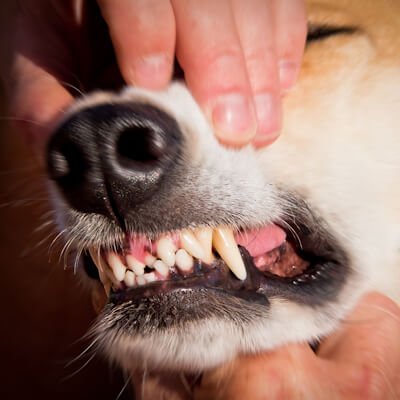
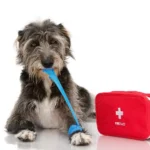
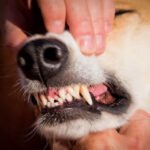

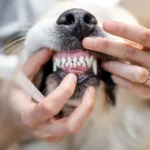
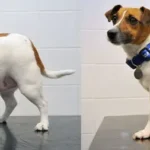
Leave a Reply